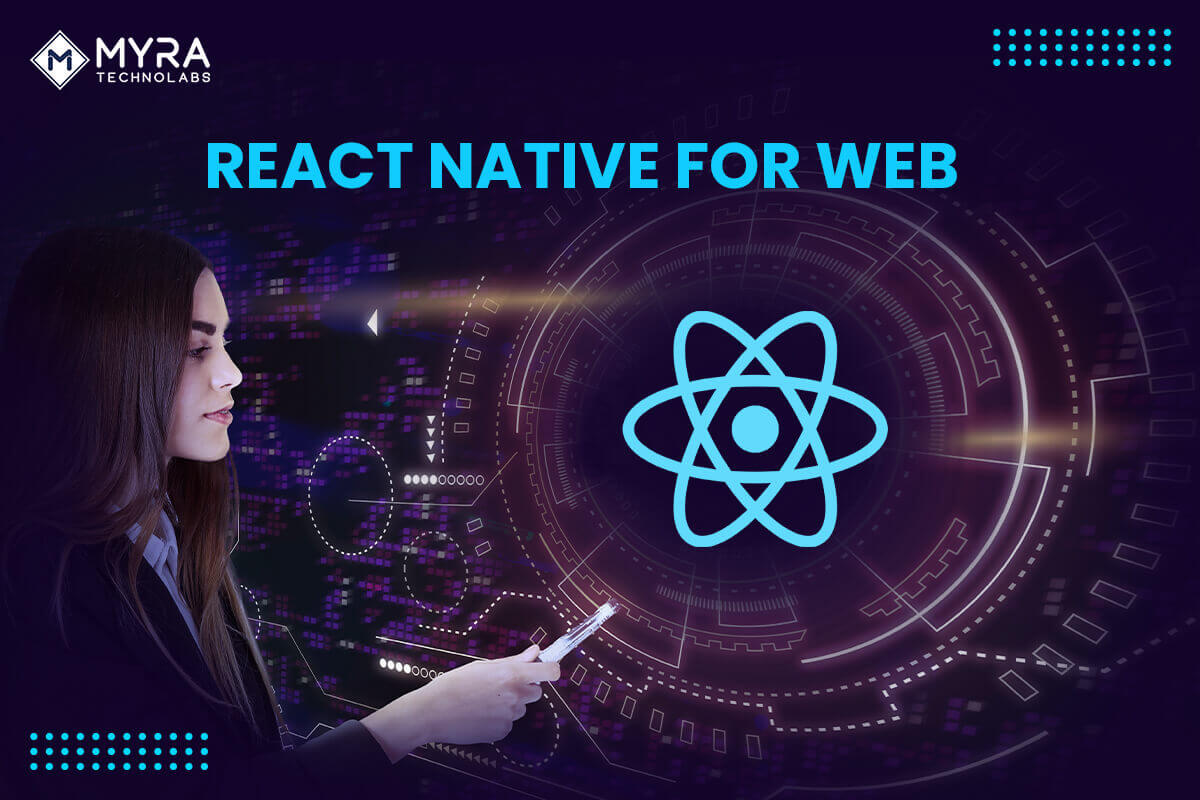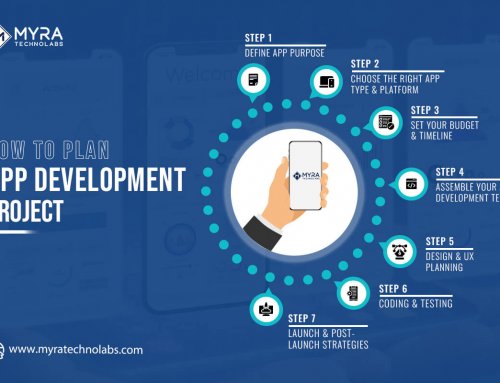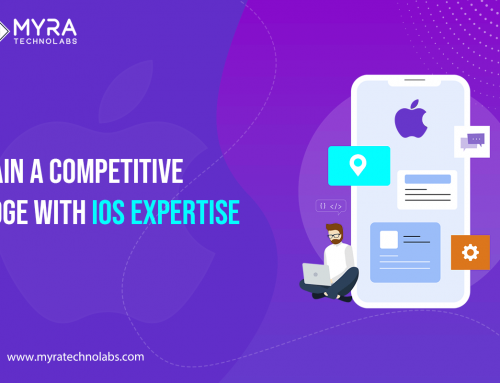React Native is an open-source framework that is used along with JavaScript to create mobile applications as a part of mobile app development services. It helps you build mobile applications for both iOS and Android platforms with native-like features by using a single codebase. For developers, it means saving a lot of time and resources. Apart from that, it enjoys the support of the large community that offers you all the required resources and support.
Progressive Web Apps (PWAs) are a kind of application that is rendered over the web. Users can access it over the web while enjoying a native app-like user experience. Fast loading, cross-platform compatibility, and the ability to access offline are some of the key reasons to go for PWAs.
To keep it straight, you cannot build PWAs using React Native. However, it is possible to use the knowledge of the framework and its development tools to design and develop PWAs that too with better functionalities.
React Native for Web
You can build mobile applications with React Native by using React and JavaScript. However, you can extend the capabilities of React Native for web development by using libraries like react-native-web. This library bridges the gap between mobile and web development by mapping required React Native components. It also lets developers write codes that are platform-specific for the web. It also lets you style, test, and optimize your application for the web.
Leveraging React Native for web development comes with its own set of benefits. They are:
Code reusability between web and mobile apps
With React Native, it is possible to reuse the codes across different platforms that are written once. This reduces the development time and effort significantly as developers will be able to use the same logic and components for web and mobile applications.
Faster development process
As React Native offers support for code sharing across web and mobile platforms, the development team will be able to set a timeline for the development process accordingly. They will be able to write good, reusable codes that can help with quick iterations and final deployment.
Improved maintainability
Developers get to maintain codes better with code reusability. Any changes made to the shared codebase will be reflected at all places automatically. This drastically reduces the chances of inconsistencies or bugs in the app. Again, developers must update and manage a single codebase, which eases their maintenance work.
Building PWAs with React Native
Progressive Web Apps offer an immersive experience to the users by combining the best of native and web applications and a good React Native development company can help you achieve that. It offers a few core functionalities that include:
Offline functionality
PWAs can work in low networks or even offline. This has been made possible by the service workers it uses. These scripts load the app and let it function without disrupting the experience of the users.
Push notifications
PWAs have the functionality to send push notifications even when the user is not using the app over the browser. This way the app can send information about promotions or services and enhance user engagement.
Home screen installation
PWAs can offer a native-like experience by having it installed on the device of the user and adding to the home screen. This means users can directly access it without having to launch on the browser just like any other app.
With React Native, it becomes possible to ensure offline caching by using libraries. It includes using the AsyncStorage library along with other third-party libraries like Realm, Ignite, and React Native Paper SQLite.
React Native lets you integrate push notifications by using options like React Native Firebase, Pushwoosh, or Amazon Simple Notification Service, based on your need.
You can use libraries like react-native-push woosh or react-native-app boy to implement service workers. This is possible only in the case of Android and it does by registering and event handling service workers.
Advantages of Using React Native for PWAs
There are several benefits of leveraging React Native for PWAs. Apart from delivering a native-like experience, there are other benefits of using the platform and that includes:
- Code reusability
- Faster development cycles
- Enhanced code maintenance
- Scalability and flexibility
- Cross-platform compatibility
- Community support
Apart from everything else, one of the key reasons to go for React Native to develop PWAs is the unified codebase approach it offers. Such a unified codebase is said to bring a number of benefits like:
Consistency across different platforms
When you use a single codebase for web and mobile platforms, you will be able to ensure consistency in terms of design, functionality, and user experience across all platforms.
Flexibility and adaptability
A unified codebase offers adaptability and flexibility to include business needs and user expectations. Developers will be able to bring in new features without affecting the consistency of the solution and optimize the performance as required.
Maximum code reusability
With a unified codebase, you will be able to enhance development efficiency, reduce redundancy, and maximize the reuse of codes for PWAs and mobile apps. Here business logic, styling, and components can be easily shared and used across different platforms.
Quick development and deployment
When you have a shared codebase, you will be able to streamline all your development and deployment processes. This will help you make changes in one place and get it reflected everywhere. This will reduce your overall time-to-market by offering quick iteration cycles.
Cross-platform collaboration
When you go for a unified codebase both for mobile and web, you will be able to boost collaboration across the teams in terms of communication, knowledge sharing, and project alignment. Choosing a good React Native development company is key to it.
Challenges and Considerations
We have seen that React Native offers several benefits in terms of web development. However, it also comes with certain challenges or limitations. They are:
As React Native is designed for mobile app development services, it may not offer the best performance in terms of offering a native web experience when going for web development.
With React Native, you will be able to carry out simplified cross-platform development but, there will be some limitations when it comes to accessing certain APIs or web-specific features. Here a React Native development company will have to go ahead with custom implementations to achieve the desired functionality.
Apart from using React Native, PWAs can be developed using Vanilla JavaScript or ReactJS.
When using Vanilla JavaScript
Developers have to write codes without using any frameworks or libraries when going for Vanilla JavaScript to create PWAs. Here codes are written from scratch, and developers must work on browser APIs directly.
Compared to using any framework or library for coding, here developers have to invest more time and effort to even create common functionalities. However, developers get to enjoy more flexibility and control with this approach.
When using ReactJS
ReactJS can be used to develop PWAs apart from building user interfaces. With ReactJS, it becomes possible to easily reuse different UI components and manage the application state as it comes with component-based architecture.
Again, with ReactJS it is possible to streamline PWA development and build features like routing, code splitting, and server-side rendering as it provides tools like Next.js and Create React App.
Conclusion
In a nutshell, React Native has the potential to develop PWAs. Here developers get to streamline the PWA development process as they can easily share codes across platforms. Moreover, such PWAs can run smoothly across different devices and browsers due to their cross-platform compatibility. Again, React Native enjoys stronger community support that brings in a wealth of knowledge.
As React Native uses a unified codebase for building PWAs, developers will be able to maintain consistency across different platforms, offer flexibility & adaptability as well as enhance cross-platform collaboration.
If you are planning to go ahead with PWA development, it would be wise to leverage React Native. The benefits it offers in terms of development will simplify the whole development process for the entire development team.





